 We (NP Hospitality Accounting) succeed when you (brilliant bar or restaurant X) succeed. We know that your success depends on drawing in more customers to your bar or restaurant? To help you, we’ve asked our friends at copywriting agency Making You Content, for tips on the power of the written word as your brand seeks recognition.
We (NP Hospitality Accounting) succeed when you (brilliant bar or restaurant X) succeed. We know that your success depends on drawing in more customers to your bar or restaurant? To help you, we’ve asked our friends at copywriting agency Making You Content, for tips on the power of the written word as your brand seeks recognition.
“Crisp lamb shank, with spears of asparagus in red wine gravy, set next to a bubbling glass of our local ale…”
It’s amazing what words can do for our appetites. The food and drink sector is full of sensory appeal, which is dynamite for a branding exercise. By portraying your love for snacks, palette cleansers or fine dining, you’ll be irresistible to any customer who comes across what you do.
Yet for enticing food copywriting, it’s always a good idea to rein ourselves in where we can, in case the language strays from your business identity. Here, we’re going to explain why a brand voice matters to your food and drink venture…
There’s a lot of competition to beat
Wherever we look, there are pubs, hotels, cafes and high street restaurants shouting offers from every corner. Mostly, their branding is razor sharp, honed over years of trial and error. Food and drink can take many guises: Italian, Caribbean, an all-you-can-eat buffet – each of which represents a basic niche that tens of thousands of UK businesses slot into.
It’s not enough to align yourself with a style of cuisine, or to represent your deals as nothing more than a price tag. To truly rise above the herd, your branding has to say something about what food and drink means to you, as well as those who’ll consume it.
You need to attract your target audience
Of course, to do so, you’ll have to isolate the kind of person you’re trying to attract. For instance, are they big spenders or a little more conservative? Do they appreciate local ingredients, or far-flung, exotic meals? Do they prefer to dine as a group of friends, partners, or family?
Once you realise the kind of audience you’re appealing to, it’s useful to mimic the rhetoric they use. As an example, let’s consider a modest, family-run hotel chain: the menu food descriptions might use words like “hearty”, “comforting” and “home-cooked”, to reflect the brand’s emphasis on care and authenticity.
Meanwhile, a high-end restaurant could take great pains to describe how a certain batch of scallops was retrieved. Its customers are expecting the very best; subsequently, they actively look for anything that reinforces the exclusivity of the food they’re about to order.
The voice will carry over to other platforms…
The strongest food and drink businesses take a style and bring it to the broader scope of their promotions. In essence, we’re talking about social media, email, web pages, blog posts – anything that tells someone what you stand for.
If you hit the sweet spot, this can be incredibly powerful, since you’ll tap into the emotive qualities of a meal or glass of wine. In doing so, you’ll build a loyal customer base that genuinely loves your brand.
Struggling to find a tasteful tone for your content? Making You Content offer food copywriting services to give you second (and third…) helpings of any words you’re in need of.

Recent Comments